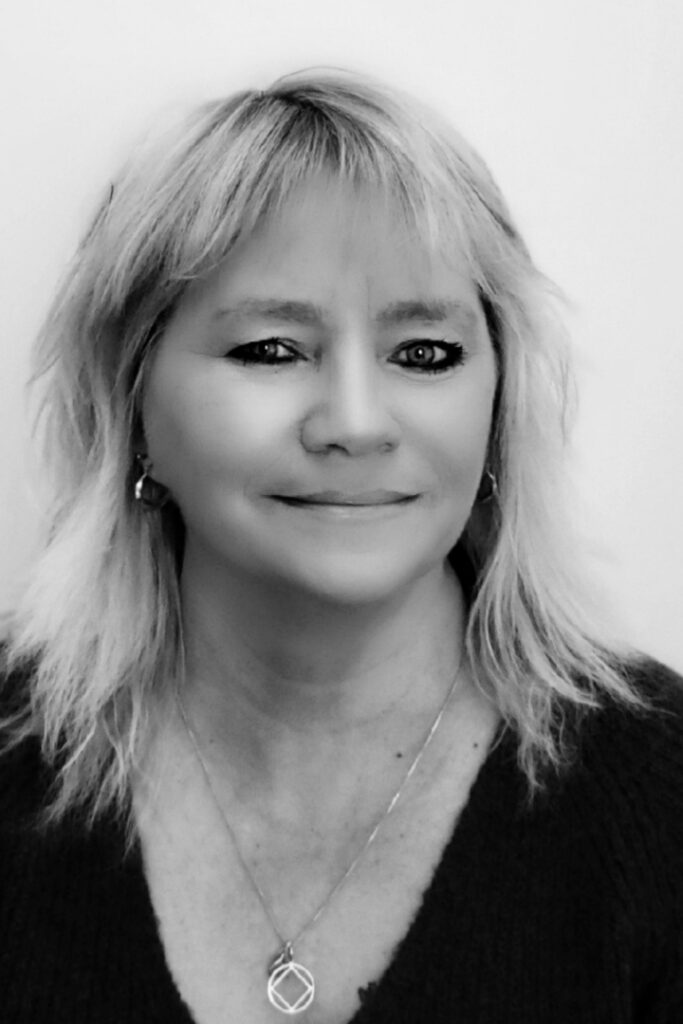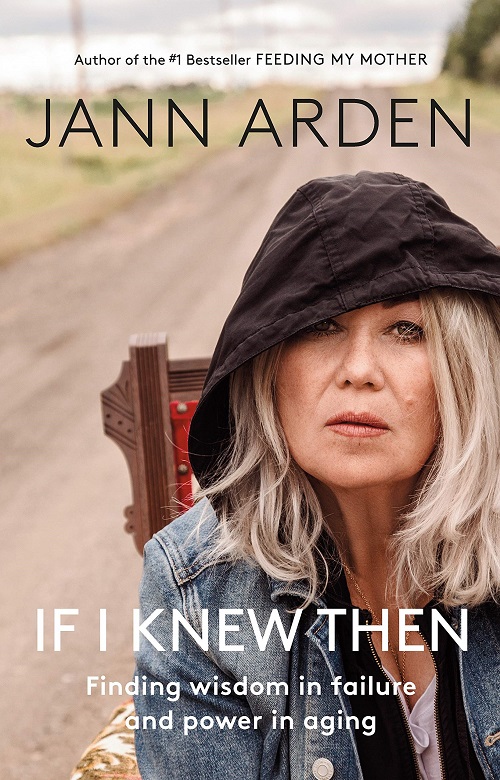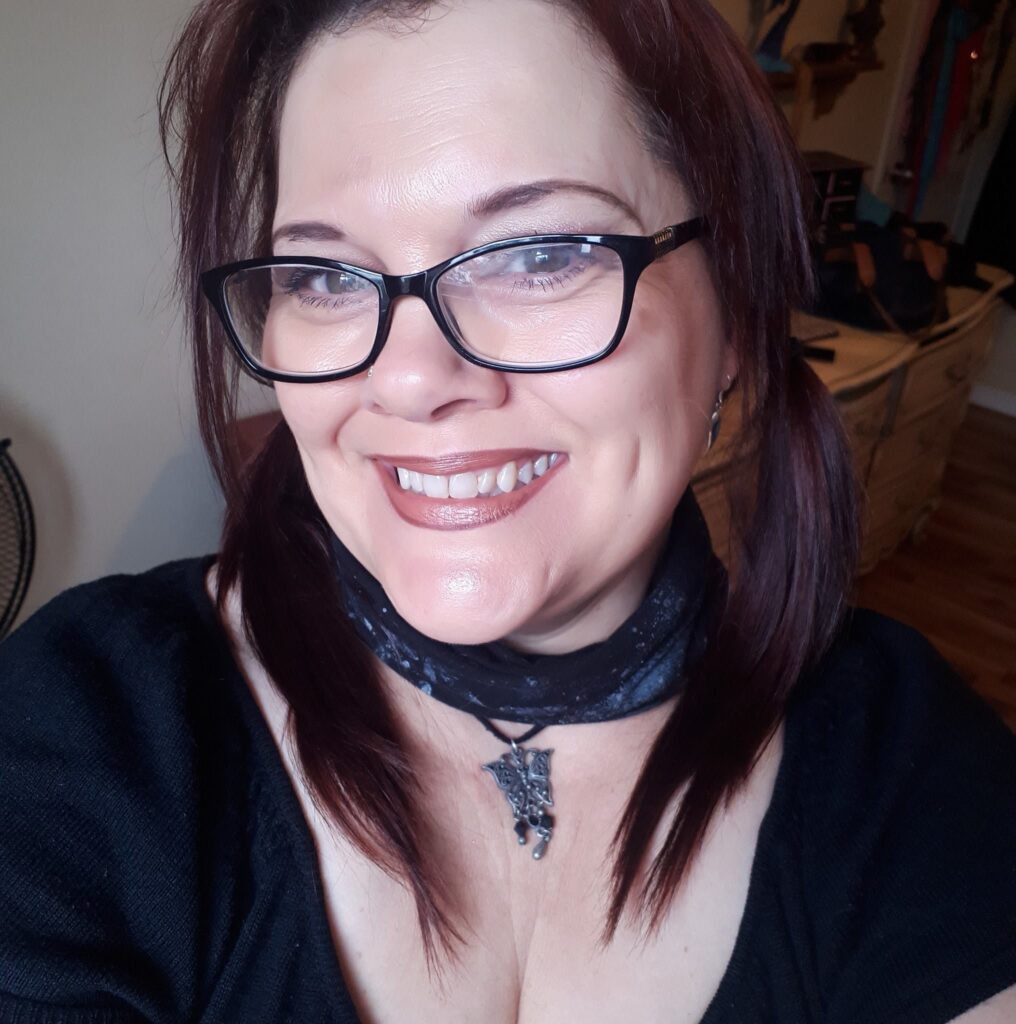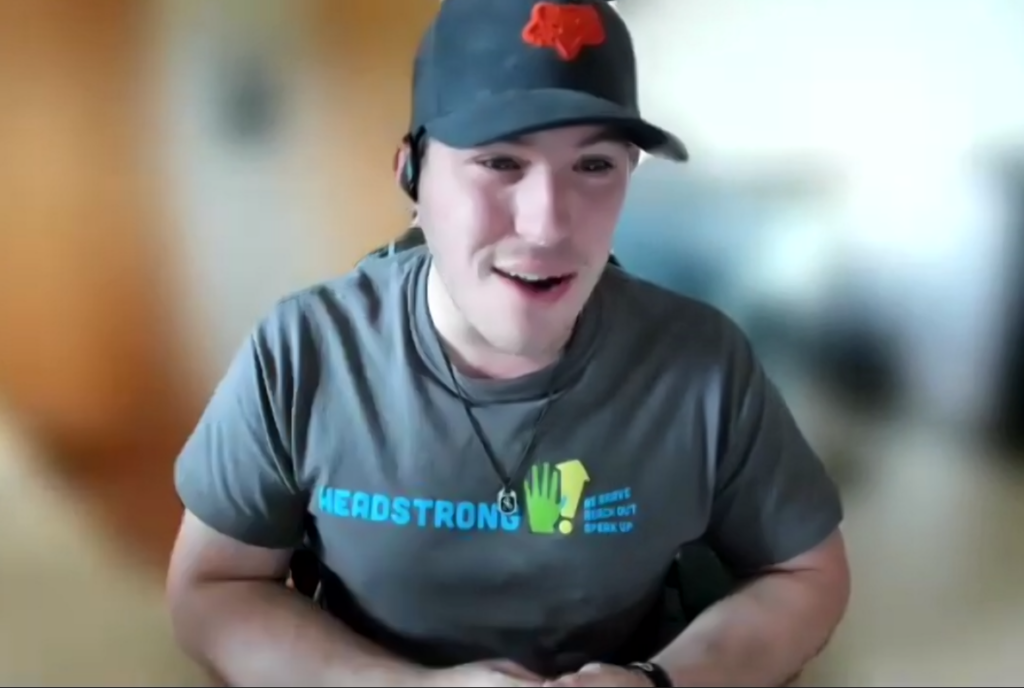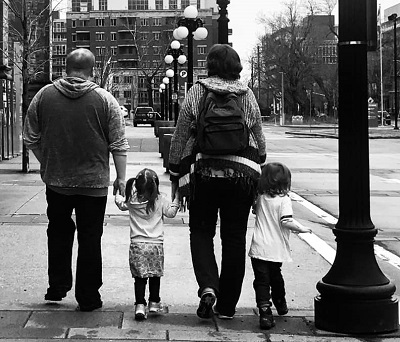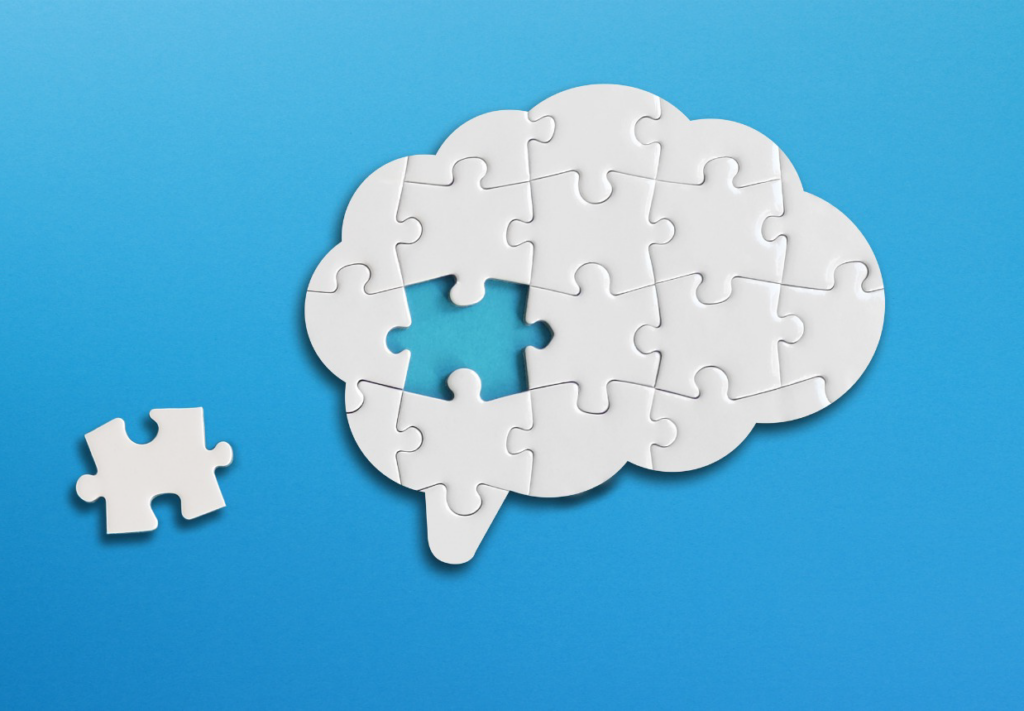
A new curriculum of challenges
September in a post-vaccinated world was supposed to hold the promise of a return to normalcy. And while there was elation when that first bell rang, a new reality has since set in — one that includes helping children manage their emotions as COVID continues to leave its stamp on school communities.
